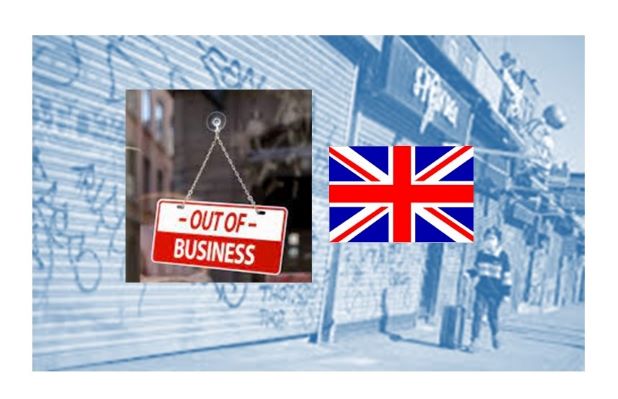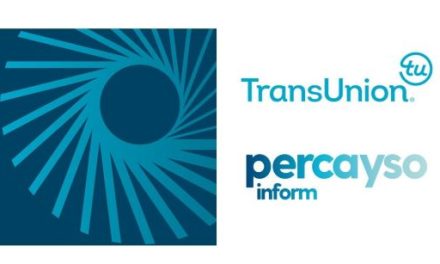The report by Good Business Pays said Meggitt took an average of 132 days to pay suppliers, and in 85% of cases they failed to pay invoices within agreed contract terms. However, Meggitt said the figures only applied to head office administrative spending.
The report, backed by the Federation of Small Businesses, Confederation of British Industry and the British Chambers of Commerce, used the latest information submitted under the government’s Duty to Report regulations to reveal the top 10 slowest payers in the FTSE 100 and FTSE 250 indices.
Defence firm Meggitt, Rolls-Royce and travel company Tui are among the slowest companies in the UK to pay small suppliers, according to a report.
The campaign found Tennent Caledonian Breweries, which makes Tennent’s Lager, Bulmers and Magners, was the second slowest payer, taking an average of 120 days to make payments. More than half (53%) of invoices were not paid within agreed contract terms.
In third place was Tui, which took an average of 101 days to pay suppliers. Aerospace firm Rolls-Royce took 76 days and drinks company Diageo, which owns Smirnoff, Ciroq and Gordon’s gin, took 84 days. Coca-Cola took 83 days.
The Good Business Pays movement was launched in May this year to “encourage the UK’s largest companies to fast track payments to small suppliers, helping them bounce back and inject vital capital into the economy”.
Terry Corby, chairman of Good Business Pays, told Supply Management: “Slow and late payments to small and medium-sized suppliers harms the supply chain and causes 50,000 small businesses to go under every year. “As a small business, getting paid slow or late simply means you don’t have the cash coming through to be able to run and grow,” he said. “If you are a small business, the delay in getting that money can mean life or death for the business.” Corby said they estimated fast payments could unlock an extra £60bn in additional revenue for small businesses, and create up to 460,000 extra jobs in the UK economy.
Malcolm Harrison, group CEO of CIPS, said: “It’s disappointing to see that corporates are still not paying suppliers on time or are imposing very lengthy payment terms even after the government’s efforts to reduce payment terms through the Prompt Payment Code. “The UK’s supply chains are already under duress from ongoing pandemic disruptions, Brexit, and logistics difficulties, with supply and staff shortages making significant impacts on deliveries of essential goods and materials. “The additional pressure that lengthy payment puts on SMEs, who have to chase overdue payments in order to get the cash they need to survive, could be the straw that breaks the camel’s back. “As business struggles to return to some sort of normality, I would urge businesses to pay their suppliers rapidly, and especially SMEs who are often the source of the innovation and agility which the UK so desperately needs to build back better.”
Good Business Pays is launching an accreditation programme later this month to recognise big businesses which have improved payment practices.
A Meggitt spokesperson said: “The data referenced relates to a legal entity that solely handles the administrative function of the group’s UK head office and in 2020 accounted for only 5% of our UK invoices. “Payment performance for this Meggitt plc entity in 2020 was specifically impacted by a systems implementation that was delayed due to Covid-19. Overall, payment of invoices related to our UK activities was broadly in line with prior payment performance.”
Top 10 slowest payers (average number of days to pay):
- Meggitt plc – 132
- Tennent Caledonian Breweries UK Ltd – 120
- Tui UK Ltd – 101
 Iesa Ltd – 90
Iesa Ltd – 90- Diageo Northern Ireland Ltd – 84
- Coca-Cola European Partners Ltd – 83
- Greencore Food to Go Ltd – 79
- Premier Foods Group Ltd – 76
- Rolls-Royce plc – 76
- GlaxoSmithKline Services Unlimited – 75
posted by Juliette Rowsell in Ethics, Supply chain
Source: Supply – Management/news
Editorial Comment: The effort in shaming large companies in paying on time is commendable, but does it work? The quote that 50,000 small businesses perish every year due to slow payments suggests that the tactic does not work. Nevertheless small businesses will be aware of the fact that they should not accept business from slow payers.


























